I would take my mom against Clint Eastwood in any movie. Sure, he usually plays a grizzled, gunslinger with cat-like reflexes and something to prove, but if you cross my
mother, you will find yourself, like the title of Clint’s greatest Western, “Unforgiven.”
Make no mistake; this isn’t a cute story about my “zany” Jewish mother and her unswerving ability to hold a grudge. Cute stories rarely involve relatives who suffocate themselves with plastic bags, but more about my Aunt Maurine’s untimely death in a minute.
No one really knows why my mother stopped talking to her sister. I think it was something about a china cabinet that once belonged to their mother. After my grandmother died, there was a duel over the mammoth piece of furniture. My mother got it (which I only know because I grew up with it in our dining room, our only piece of furniture not from a flea market). As anyone with even one screwed-up relationship in life knows, the squabble is never about the china cabinet, but about the heap of slights and injustices that could fill it. The cabinet just stores the resentments, puts them on display.
That cabinet was my grandmother’s favorite. So was my mother, so this isn’t a family feud syllogism that’s difficult to decode. Apparently, if your parents make it obvious that you’re the favorite, your siblings hate you, they unconsciously take out their feelings of rejection and hurt on you and you become spoiled and unpleasant. Put these feelings on simmer for about 30 years, and the flavors really intensify.
Here’s the thing. I’m just guessing and speculating about all of this. All I know for sure is that after a nine-year feud, during which my aunt and mother never once spoke, Aunt Maurine effectively ended the stalemate by killing herself about six years back.
I’ve never written about it before, nor did I give it much thought, until I got into my own feud with my mom two years ago and wondered who would get the last word — or leave the feud in a stretcher.
Back to my aunt and the resounding way she stuck it to my mom by offing herself.
I should mention here that I don’t mean to be cavalier about her death or her pain; but we’re Jews. That’s how we deal. Just the other day when I was sounding depressed on the phone with my dad he asked, voice filled with concern, “Are you eyeing your plastic bag collection?”
If we took every family tragedy seriously we’d be killing ourselves. I mean, in even greater numbers.
Aunt Maurine’s death didn’t seem like one of those “cry for help” suicides, because of the aforementioned plastic bag method, a technique she got from one of those “how-to-kill-yourself” books, which was found a few feet from her body.
She left a note, too, something about how her grown children didn’t love her (a feud may have been percolating there, too; feuds are big in my family). The suicide note contained no mention of my mother. My aunt had silenced herself yet still managed to get in the last word with one final snub. Score one: Maurine.
My mother went to Aunt Maurine’s funeral, but I don’t know if she regretted the feud.
Mom has about as much gray area in her personal relationships as the linoleum floor of a 1950s diner. The point is, like Clint Eastwood, she is not likely to be lukewarm on you. There are good guys and bad guys, and once you cross over, you are dead to her.
I lived in fear of saying no to her, displeasing her in some way as to flip the off switch on her loving me. Because she raised me alone and it was just the two of us, I was so close to her that the idea of her wishing me to her emotional cornfield rattled me to my core.
In essence, I should have spent my 20s wearing a yellow ribbon because I was a hostage; I did what she wanted, gritting my teeth every second of it, but complying nonetheless. I couldn’t lose her, but I also couldn’t stand her.
If she came to visit me, she stayed however long she wanted, we ate dinner when and where she wanted, she listened when she wanted (which wasn’t often), and I basically watered and manicured my grudge garden until it was overgrown and lush, and I was often petulant and bitter. She was the kind of mother, and lots of us have them, that demand we mother them. This so flies in the face of nature that you either become the codependent wife of an alcoholic or addict — continuing to mother people you shouldn’t — or you get very, very angry. Or you get yourself some therapy. I’ve done two out of three.
Here’s where I admit something. That part of me that loved “The Bell Jar” in junior high didn’t feel so bad about the incident with Aunt Maurine and the sinister feud preceding it. It added to my “crazy family” mystique. I didn’t choose to have a family chock full of the mentally ill, but once I realized there was no way of passing them off as normal, I decided to embrace it as part of my identity.
I had met my aunt only once at a family reunion when I was kid. I remember she had red hair, wore a crisp white pants suit, lived in Orange County, seemed like she couldn’t possibly be the sister of my hippie mother and generally seemed like a nice lady. I was 6; what did I know?
I certainly never predicted I would also have a blow-up with my mother leading to a long silent feud. Curiously enough, my feud also followed a funeral. Watch out for this; in my family, one of the stages of grief is creating a vendetta with someone living.
Here was our cabinet incident: Before my stepfather’s funeral two years ago, my mother insisted I speak at the ceremony.









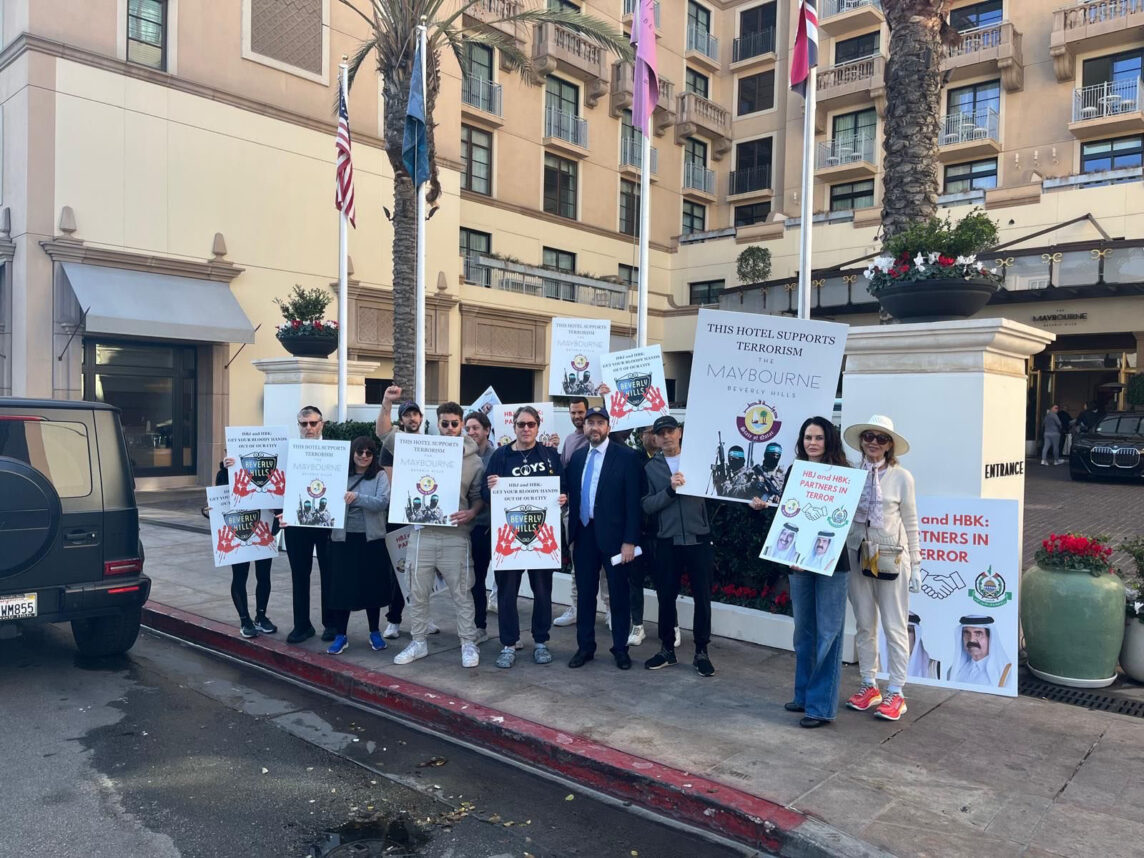
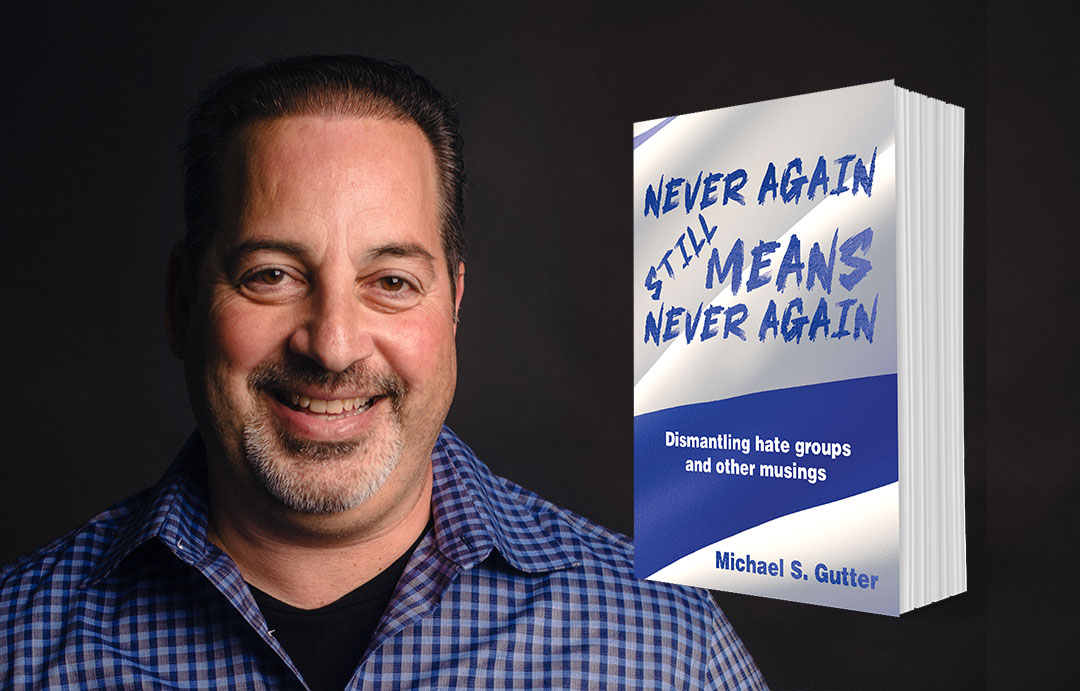



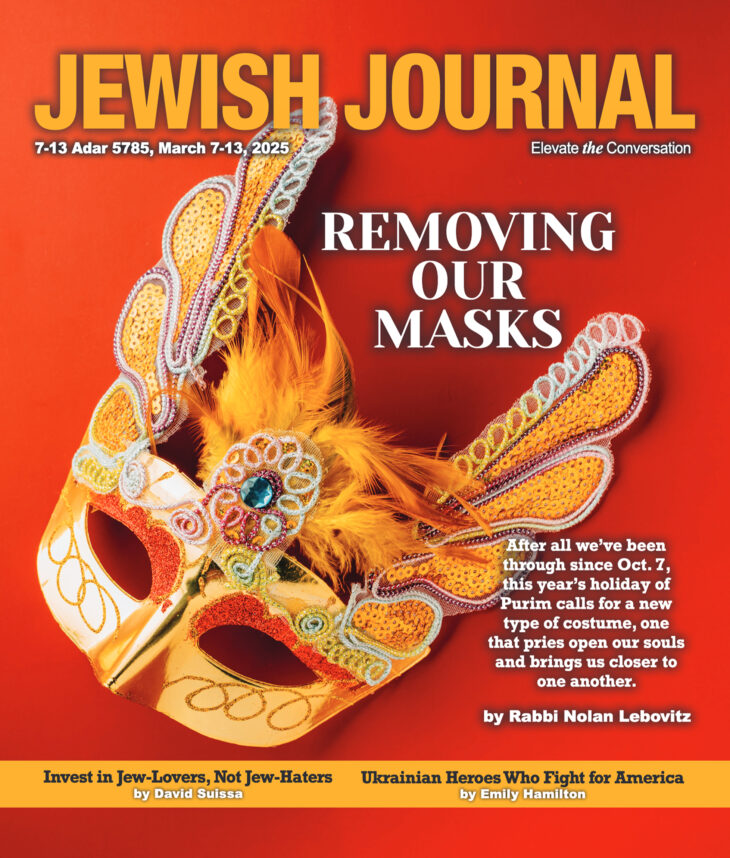
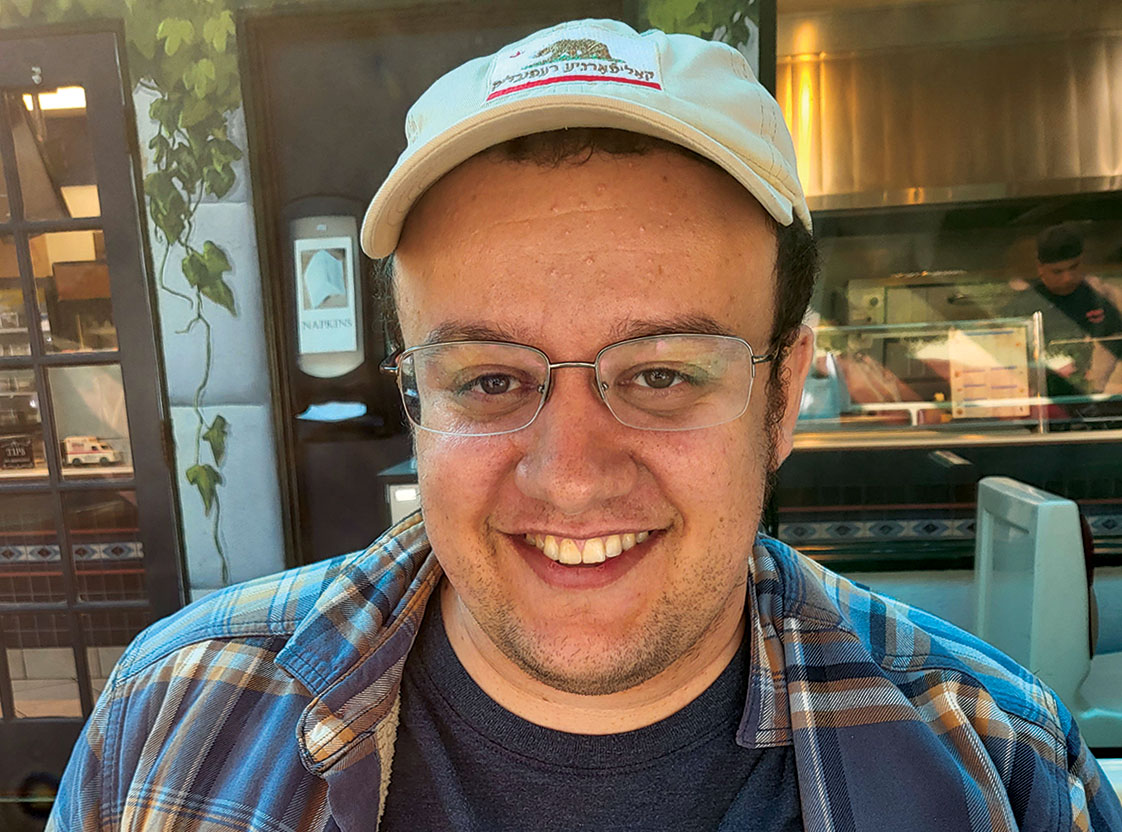




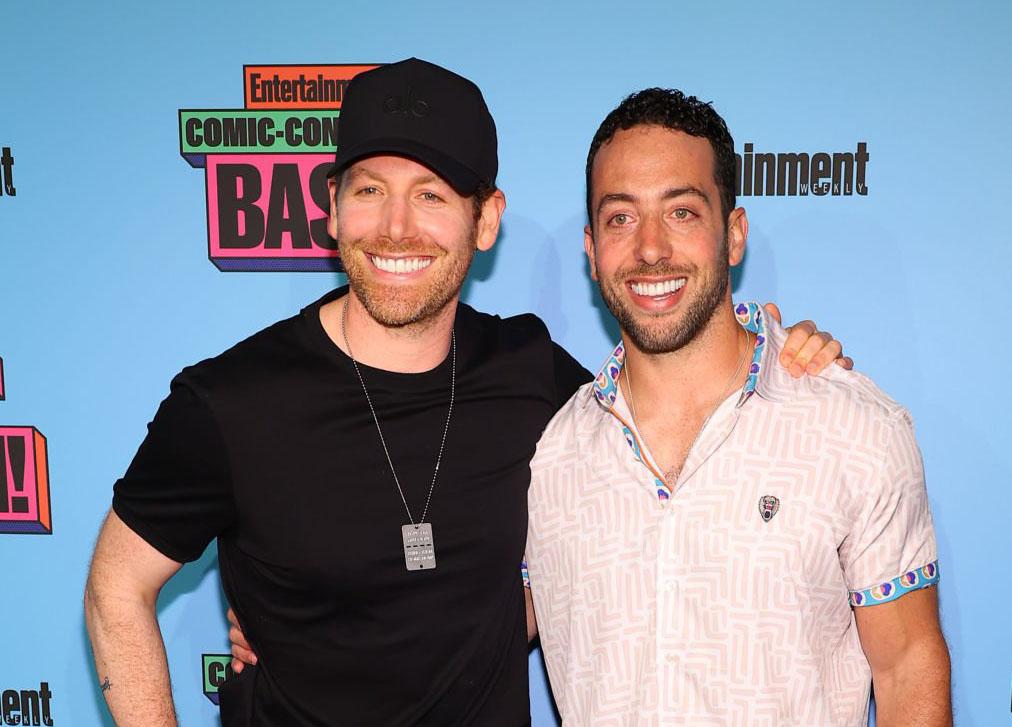
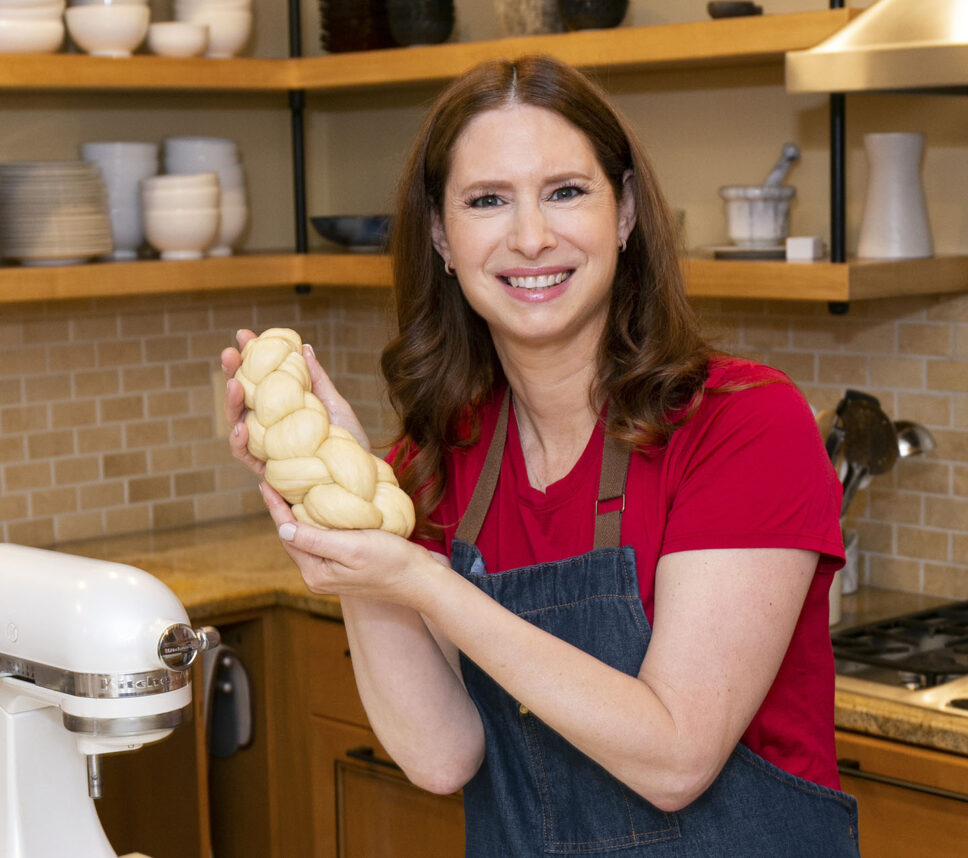

 More news and opinions than at a Shabbat dinner, right in your inbox.
More news and opinions than at a Shabbat dinner, right in your inbox.